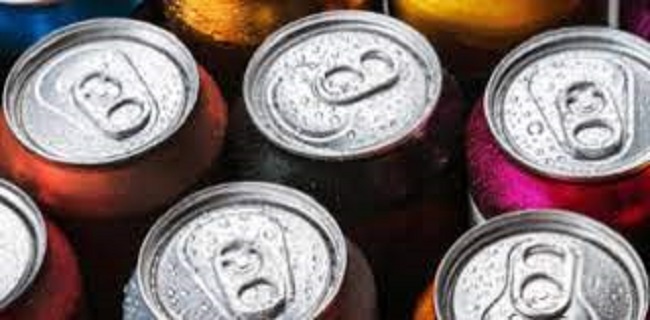
EXPERTS have warned that consumption of energy drink is significantly associated with an increased risk of both suicide attempts and suicidal ideation.
In the study, it was noted that this increased risk was observed even with minimal consumption, starting from as little as one cup per month.
The study, published in Nutrients, was a meta-analysis of more than 1.5 million participants to investigate the relationship between caffeine consumption, specifically from coffee and energy drinks, and the risk of suicide attempts, suicidal ideation and self-harm.
They reported that suicide attempts were 30 per cent lower among coffee drinkers compared with energy drink consumers, suggesting that coffee and energy drinks have opposing effects on suicide risk.
Also, high coffee consumption — more than 60 cups per month — was linked to significantly reduced suicide attempts, probably because of its stimulating and mood-enhancing properties.
In contrast, even a single can of an energy drink per month was observed to increase the risk for suicidal thoughts and attempts, with a dose-dependent effect that can triple the risk at higher consumption levels.
In the meta-analysis, the amount of coffee — and by extension, caffeine — is well defined, with a threshold of 60 cups per month, whereas for energy drinks, quantities are less clear, described as one can. A cup of coffee is about 200 mL, and a can of an energy drink represents roughly two cups of coffee.
According to them, these associations are influenced by factors such as gender and substance use (including alcohol, cigarettes, and drugs), highlighting the need for further research to understand the underlying psychosocial and causative links.
“Understanding the relationship between caffeine consumption and mental health outcomes is crucial to developing public health strategies to boost the mental health of consumers,” they declared.
ALSO READ: Dangote, NUPENG reach agreement, suspend strike
Guillaume Davido, MD, a psychiatrist specialising in addiction studies at Bichat-Claude Bernard Hospital in Paris, not involved in the study, said the idea that caffeine could improve suicide risk is quite counterintuitive.
The report said: “Many publications discuss caffeine’s effects in psychiatry, particularly its effect on sleep quality:The less we sleep, the more stressed and impulsive we are, and the more likely we are to develop depressive comorbidities. Depressive comorbidities imply suicidal risk. Psychiatric disorders would be more destabilised in patients who consume caffeine.
“However, it is not surprising that energy drinks are linked to higher suicide risk, given that their consumption is associated with more addictive and psychiatric comorbidities.
“The meta-analysis cites publications on psychiatric comorbidity risk factors and suicide risk that are aggravated by energy drink consumption. They specifically mention taurine, guarana, or ginseng, which may promote anxiety.
“Nevertheless, current literature remains very cautious about the real toxicity of these substances. It also seems important to keep in mind that energy drink consumption sometimes occurs within an overall risky lifestyle, which likely partly explains the observed associations.”
“In consultations, use of energy drinks should be seen as a ‘red flag’.” Whether in general medicine or psychiatry, if a patient consults for psychological concerns, close attention should be paid to energy drink consumers, and patients should be questioned, as this type of consumption may be associated with multiple comorbidities, including addictive substances, suicidality and other mental health issues like anxiety, stress and depression.”
WATCH TOP VIDEOS FROM NIGERIAN TRIBUNE TV
- Let’s Talk About SELF-AWARENESS
- Is Your Confidence Mistaken for Pride? Let’s talk about it
- Is Etiquette About Perfection…Or Just Not Being Rude?
- Top Psychologist Reveal 3 Signs You’re Struggling With Imposter Syndrome
- Do You Pick Up Work-Related Calls at Midnight or Never? Let’s Talk About Boundaries






